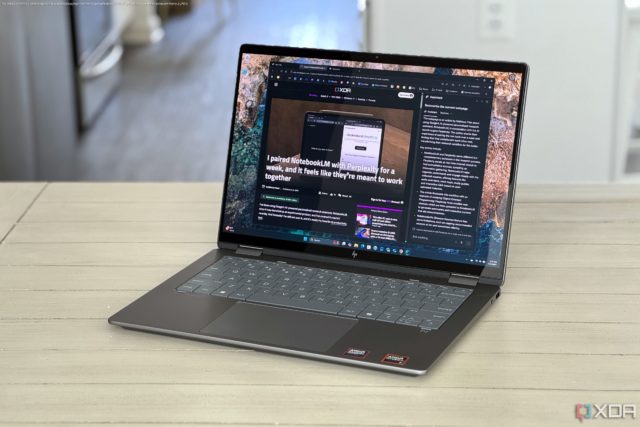Perplexity’s Comet browser AI features promise productivity boosts, but at what cost to the open internet?
I love trying new software, especially browsers, because while I haven’t been able to get away from Chrome or Chromium, I don’t like that Google has an effective stranglehold on how we perceive the Internet. It’s not exactly about finding a better browser for me, but one that helps me work better, whether having a less cluttered UI or bringing new features that transform how my brain can parse data.
This search isn’t about not being satisfied, or about hating Chrome (because I’ve used it since beta, and it feels like home in the same way Netscape used to), but about the primary use of browsers for me—hard research. As such, any window showing me search engine home pages is fine, but many browsers try to cram features into my view, ruining them. Brave feels like an arcade hall of sensory overstimulation. Firefox hasn’t felt the same for years, Vivaldi crowds me with the sidebar, Opera doesn’t know what to do with itself, and Safari no longer works on Windows.
So whenever a new browser comes out, I’m always on the waitlist for early access. The latest to grace my desktop is Perplexity.ai’s Comet, which is Chromium-based but integrates its AI agent into pretty much everything, giving me a glimpse of the future if the AI bros get their way. Spoiler alert: It’s a lot more text-based and boring than the Internet intended, and I can’t say I like it all that much.
What is Perplexity Comet anyway?
It’s part web-browser, part web-crawler, and all-AI
Comet is Perplexity’s AI-infused Chromium-based browser that can perform tasks on your behalf. These can range from simple website summaries to more complex things like booking flights or restaurant reservations. The trick here is that you can leave the AI assistant working on whatever you’ve tasked it with and continue browsing or doing other things, and it’ll let you know once it’s finished.
Comet feels like vibe browsing for the vibe coding generation. Except it’s more than that. For the most part, it runs in the background, giving me a little bit more time to concentrate on whatever important tasks I have to do. It also (mostly) replaces the Electron app used as a front-end for Perplexity on the desktop, which is nice because it’s one fewer application to run on my desktop while I’m working.






